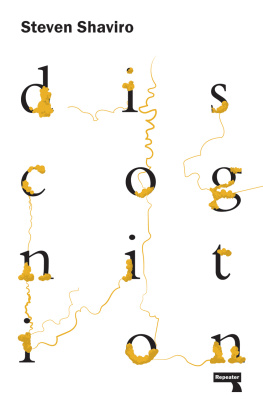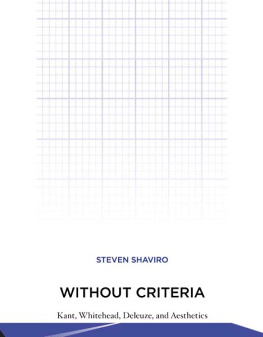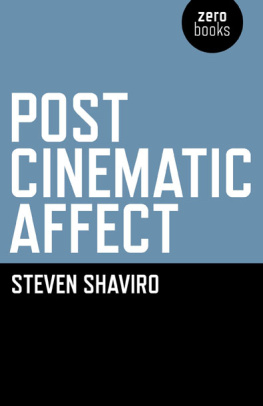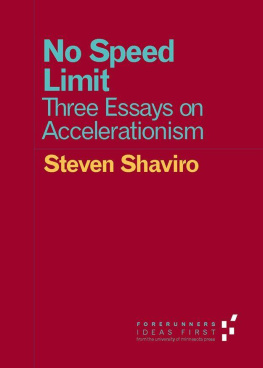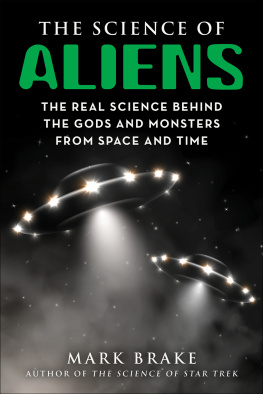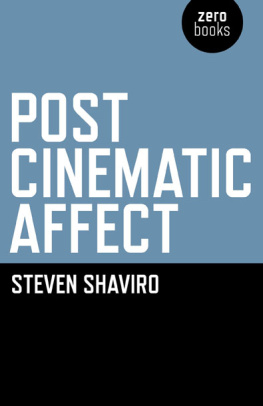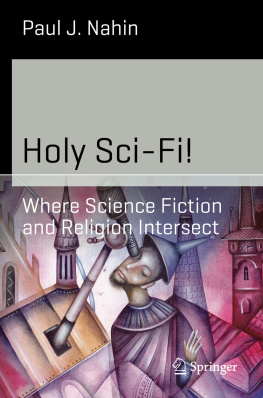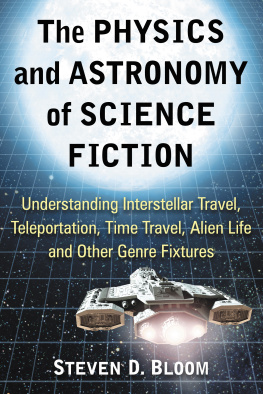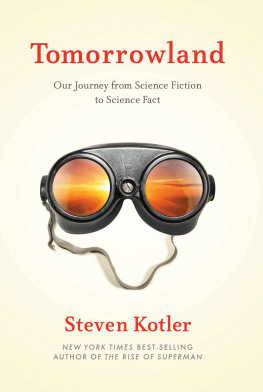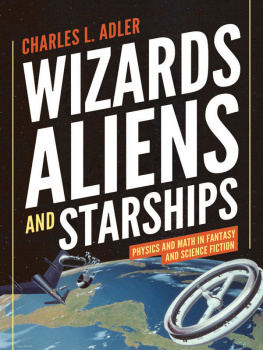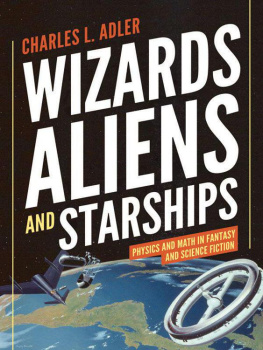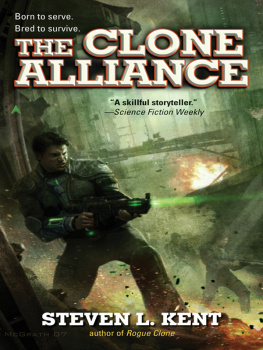Discognition
Discognition
Steven Shaviro

CONTENTS
Preface
This book was written between 2012 and 2015. An earlier version of was initially published in the Journal of the Fantastic in the Arts 25:2-3, 314-331. The Afterword was initially published in the Yearbook of Comparative Literature 58, 205-210.
As always, this writing is for my daughters, Adah and Roxanne.
Introduction
What is consciousness? How does subjective experience occur? Which entities are conscious? Or, to put things as particularly as possible: what is it like to be a bat? as Thomas Nagel famously asked. For that matter, what is it like to be a dog, a robot, or a tree or even a human being? Is it like anything at all to be a rock, or a star, or a neutrino? How do we explain the very fact of being aware? What does it really mean to be conscious, to think, to feel, or to know? And what is the difference if any between thinking, feeling, being aware, and knowing? Such questions might seem to have obvious answers until we actually try to answer them. Then we discover that we dont have a clue, and that these questions have never come close to being plausibly answered. Still today, there is no consensus whatsoever upon any of these topics: neither among scientists and philosophers, nor among the general public. We are clearly sentient, and yet we do not know what sentience is, how it can exist, or what it means.
Whenever I come across such intractable problems, my impulse is always to turn to science fiction. Perhaps we will be able to imagine what we are unable to know. Science fiction is a special kind of literature or better, paraliterature, as Samuel R. Delany calls it that operates through speculation and extrapolation, and that takes place (conceptually, if not grammatically) in the future tense. It is a kind of thought experiment, a way of entertaining odd ideas, and of asking off-the-wall what if? questions. But instead of approaching its issues abstractly, as philosophy does, or breaking them down into empirically testable propositions, as physical science does, science fiction embodies these issues in characters and narratives. By telling stories, it asks questions about all sorts of things: consciousness and cognition, the future, extreme possibilities, nonhuman otherness, and especially the deep consequences the powers and limitations of both our ideologies and our technologies.
The method of science fiction is emotional and situational, rather than rational and universalizing. Philosophical argumentation and scientific experimentation both endeavor to prove and to ground their assertions, however counterintuitive these may seem to be at first glance. Science fiction also proposes counterintuitive scenarios; but its effort is rather to work through the weirdest and most extreme ramifications of these scenarios, and to imagine what it would be like if they were true. Where philosophy is foundational, science fiction is pragmatic and exploratory. And where physical science seeks to settle upon predictable and repeatable results, science fiction seeks to unsettle and singularize these results, and to provide us with unrepeatable histories. Science fiction does not ever actually prove anything; but its scenarios may well suggest new lines of inquiry that analytic reasoning and inductive generalization would never stumble upon by themselves.
In Discognition, I look at a series of science fiction narratives in order to raise questions about consciousness and thought or better, about sentience. I prefer this latter term, because it does not presuppose that mental processes and experiences are rational, nor even that they are necessarily conscious. When certain philosophers elevate human sapience over mere animal sentience, they are indulging in dubious feats of self-congratulation. For in fact, there is far more of an evolutionary continuity than a sharp distinction between the way that my dog thinks, and the way that I think. I have many unique qualities of mind that he can never hope to possess; but the inverse of this is also true. Understanding and intelligence (which Robert Brandom lists as the characteristics of sapience) are in fact deeply rooted in such features of sentience as sensory awareness, reality testing, irritability, and arousal. The difference is one of degree, rather than one of kind.
Brandom is therefore wrong to scornfully dismiss what he calls the merely sentient condition of animals. My dog may not be able to offer and inquire after reasons, as Sellars and Brandom would wish just as he cannot figure out how to extricate himself when he gets tangled up in his leash. Nonetheless, he exhibits a wide range of moods and feelings. He is quite good at posing and pursuing many sorts of complicated goals. And he is highly skilled at expressing his desires, in ways that I am able to understand; and at comprehending and responding flexibly to my own moods and desires. Thinking is a far more common and widely distributed process than we are sometimes willing to recognize.
The narratives that I discuss in this book offer us speculation fictions and fabulations about sentience. There is something oddly recursive about this, since sentience itself is arguably a matter of generating (or being able to generate) fictions and fabulations. We ought to resist the all-too-common equation of sentience with cognition. We often find this assumption taken for granted in contemporary philosophy of mind, as well as in neurobiological research. But mental functioning and subjective experience need not themselves be cognitive even though cognition seems impossible without them. Sentience, whether in human beings, in animals, in other sorts of organisms, or in artificial entities, is less a matter of cognition than it is one of what I have ventured to call discogniton. I use this neologism to designate something that disrupts cognition, exceeds the limits of cognition, but also subtends cognition. My working assumption is that fictions and fabulations are basic modes of sentience; and that cognition per se is derived from them and cannot exist without them.
Fictions and fabulations are often contrasted, or opposed, to scientific methods of understanding the world. But in fact, there are powerful resonances between them; they are both processes of speculative extrapolation. In other words, constructing and testing scientific hypotheses is not entirely different from constructing fictions and fabulations, and then testing to see whether they work or not, and what consequences follow from them. For science is far more than just a passive process of discovery, or a compiling of facts that are simply out there. Rather, science must actively approach things and processes in the world. This is the reason for making hypotheses. Science needs to solicit and elicit phenomena that would not disclose themselves to us otherwise. It must somehow compel these phenomena to respond to our questions, by giving us full and consistent answers. All this is necessary, precisely because things in the world are not cut to our measure. They have no reason to conform to our presuppositions, or to fit into any categories that we seek to impose.
The modern empirical scientific method is sometimes described as a process of torturing nature to reveal her secrets a phrase often wrongly attributed to Francis Bacon. Philosophers of science also like to quote Isaac Newtons

